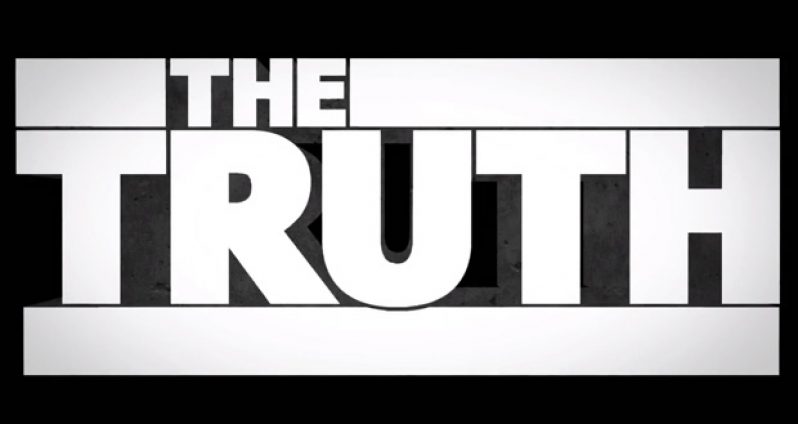Professor Daizal Samad
Grades 2, 4, 6
The Ministry of Education had decided to abandon the Grades 2 and 4 assessments that are a percentage part of the Grade 6 Assessment. The Grade 6 Assessment decides the high school to which placement will be offered to children.
The justification seems to be that children must be allowed to be children, without the pressures that inevitably come with tests or exams or assessments. They must enjoy their childhood. This cannot be a bad thing. One supposes, of course, that these Grade 2 and 4 assessments were meant to be progressive assessments. I have heard much talk about “continuous assessment” from people in academics here. Progressive assessments are what most countries seem to have adopted.
There is no space here to explore the difference; and now that the thing has been abandoned would make no difference anyway. However, we could take a look at HOW these Grades 2 and 4 were actually implemented.
The Truth be Told, it is mostly the mothers of these children that do the actual “projects” that have to be done towards these assessments. It is not so much the children that were being assessed; it was the mothers. They were the ones that had to go out and “source” often expensive material to put together things like volcanoes, three-dimensional shapes; thermometers, and so on.
The mothers were the ones that checked the Internet to see how things work and then try to duplicate what they Googled. Goodness knows what happened to those mothers who have no computers or who cannot use the computer. We seem to be blind to the fact that a great many people are simply too poor or not adequately knowledgeable about the computers.
Of course, readers would have noticed that I am specifying mothers. It is deliberate, since the majority of “fathers” are uninvolved in the education of children there are exceptions, of course!). These “fathers” are simply too busy with other social engagements or are too absorbed with important things like TV-watching.
While we discard these lower grade assessments, we do need to be wary of the dangers of sink or swim assessments. People like me still remember the tremendous pressure we faced as children to do well in what was called the Common Entrance Examination. It was awful. And those of us who happened into teaching in primary schools and were given the chance to “teach” Common Entrance classes merely passed on the grind to other children. It was often simply cruel: the cramming; the rota learning; the “licks”.
And yes, there were extra lessons too, but we took no money for that. It was a matter of pride of the worst sort: boasting rights of number of passes; school pride for rivalry, sheer ego, and so on.
We need to be wary that this is not what will happen again. It turns too many people away from education, from the joy of it. Education was a chore back then. If our new system takes this into consideration, it would be a good thing.
It may be no accident at all that very few people read. Our system of education takes all the joy away. At our highest educational institution, we still have final examinations that are worth FIFTY PERCENT of total marks! Ridiculous!



.jpg)








